Title: The Versatility and Benefits of Copper Wire in Modern Industries Introduction: Copper wire has emerged as an indispensable component in various industries due to its exceptional conductivity, corrosion resistance, and malleability. From electrical wiring systems to telecommunications networks, copper wire plays a crucial role in transmitting power and signals efficiently and reliably. In this article, we will explore the versatility and benefits of copper wire and its significance in modern industries. 1. Superior Conductivity: Copper, renowned for its high electrical conductivity, ensures efficient power transmission. Its low resistance minimizes the loss of electricity during transmission, making it the preferred choice for electrical wiring in residential, commercial, and industrial applications. Copper wire also minimizes voltage drops, enhancing the overall electrical efficiency of systems. 2. Durability and Resilience: Copper wire is highly durable, making it resistant to stresses and strains. It can withstand extreme temperatures, humidity, and environmental conditions, making it suitable for both indoor and outdoor applications.
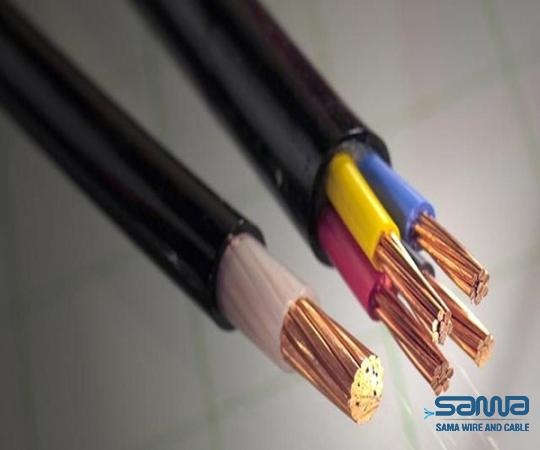
.
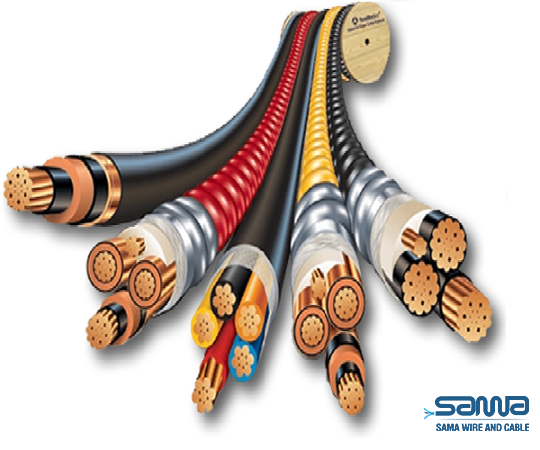 The durability of copper wire reduces the need for frequent maintenance and replacement, resulting in long operational lifespans for electrical systems. 3. Corrosion Resistance: Unlike other metals, copper exhibits natural corrosion resistance, making it reliable in areas with high humidity or corrosive environments. This property ensures that copper wire remains functional and efficient over extended periods, minimizing the risk of downtime and safety hazards. 4. Flexibility and Malleability: Copper wire’s inherent flexibility and malleability allow it to be easily bent, twisted, and soldered, simplifying the installation process. In challenging environments or tight spaces, copper wire can be maneuvered effortlessly, saving time and installation costs. Its malleability also contributes to its improved reliability as it can withstand mechanical stresses and vibrations without compromising electrical integrity.
The durability of copper wire reduces the need for frequent maintenance and replacement, resulting in long operational lifespans for electrical systems. 3. Corrosion Resistance: Unlike other metals, copper exhibits natural corrosion resistance, making it reliable in areas with high humidity or corrosive environments. This property ensures that copper wire remains functional and efficient over extended periods, minimizing the risk of downtime and safety hazards. 4. Flexibility and Malleability: Copper wire’s inherent flexibility and malleability allow it to be easily bent, twisted, and soldered, simplifying the installation process. In challenging environments or tight spaces, copper wire can be maneuvered effortlessly, saving time and installation costs. Its malleability also contributes to its improved reliability as it can withstand mechanical stresses and vibrations without compromising electrical integrity.
..
 5. Cost-effectiveness: Copper wire’s long lifespan, low maintenance requirements, and recyclability make it a cost-effective choice for various industries. With its excellent thermal conductivity, copper wire efficiently dissipates heat, reducing the need for additional cooling systems, thus saving energy and costs. Additionally, the recyclability of copper wire allows for a sustainable approach, reducing environmental impact and promoting a circular economy. 6. Compatibility with Modern Technologies: As industries transition towards advanced technologies such as smart grids, the Internet of Things (IoT), and renewable energy sources, copper wire remains primed to support these developments.
5. Cost-effectiveness: Copper wire’s long lifespan, low maintenance requirements, and recyclability make it a cost-effective choice for various industries. With its excellent thermal conductivity, copper wire efficiently dissipates heat, reducing the need for additional cooling systems, thus saving energy and costs. Additionally, the recyclability of copper wire allows for a sustainable approach, reducing environmental impact and promoting a circular economy. 6. Compatibility with Modern Technologies: As industries transition towards advanced technologies such as smart grids, the Internet of Things (IoT), and renewable energy sources, copper wire remains primed to support these developments.
…
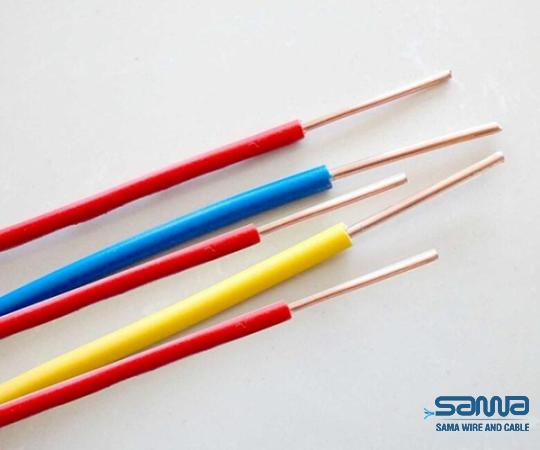 Its high-speed transmission capabilities and ability to carry data reliably make copper wire adaptable to evolving technological requirements. Conclusion: Copper wire’s remarkable conductivity, durability, corrosion resistance, flexibility, and cost-effectiveness have established its position as a critical component in modern industries. From electrical installations to advanced telecommunications, copper wire continues to play a pivotal role in transmitting power and signals efficiently and reliably. Its versatility and compatibility with emerging technologies reinforce copper wire as an essential asset for industries’ infrastructure needs while promoting sustainable practices.
Its high-speed transmission capabilities and ability to carry data reliably make copper wire adaptable to evolving technological requirements. Conclusion: Copper wire’s remarkable conductivity, durability, corrosion resistance, flexibility, and cost-effectiveness have established its position as a critical component in modern industries. From electrical installations to advanced telecommunications, copper wire continues to play a pivotal role in transmitting power and signals efficiently and reliably. Its versatility and compatibility with emerging technologies reinforce copper wire as an essential asset for industries’ infrastructure needs while promoting sustainable practices.
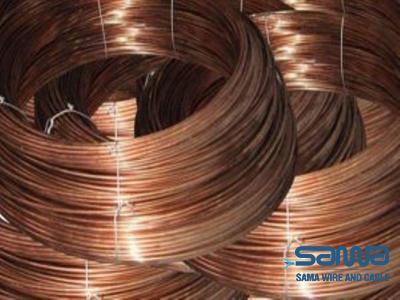
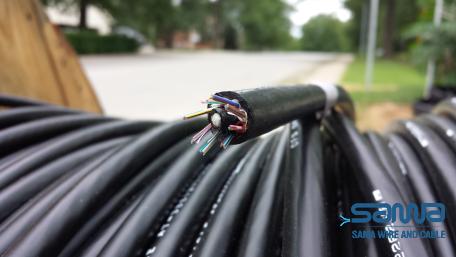
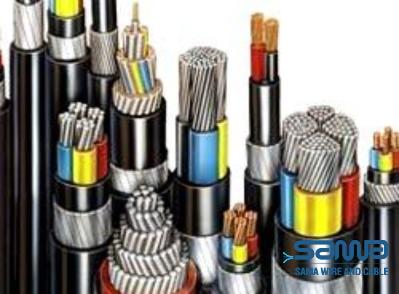
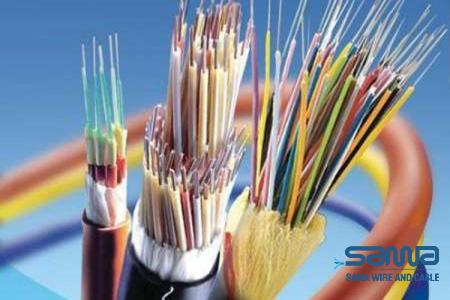
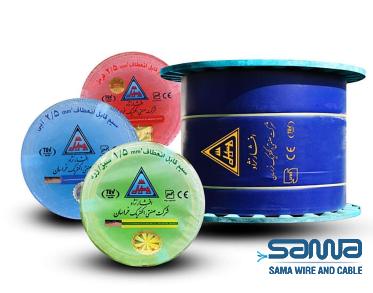
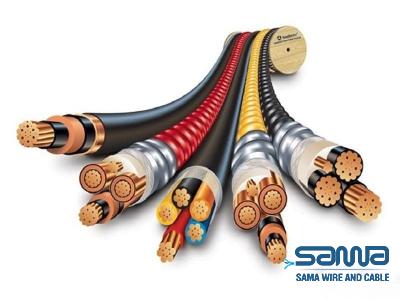
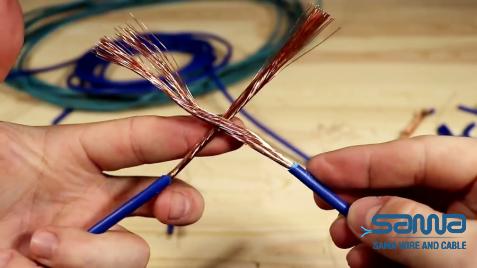
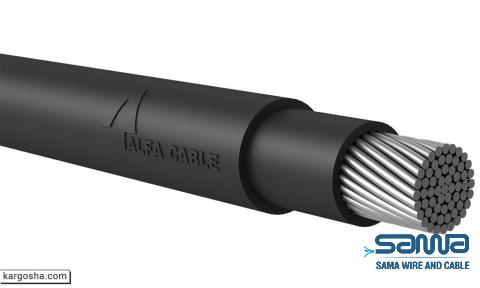
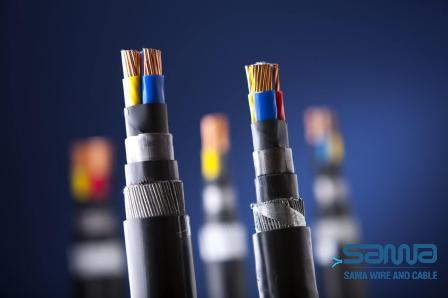
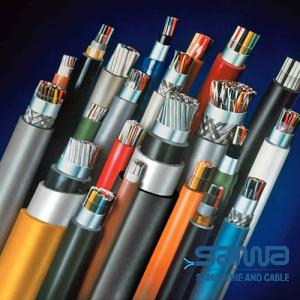
Your comment submitted.